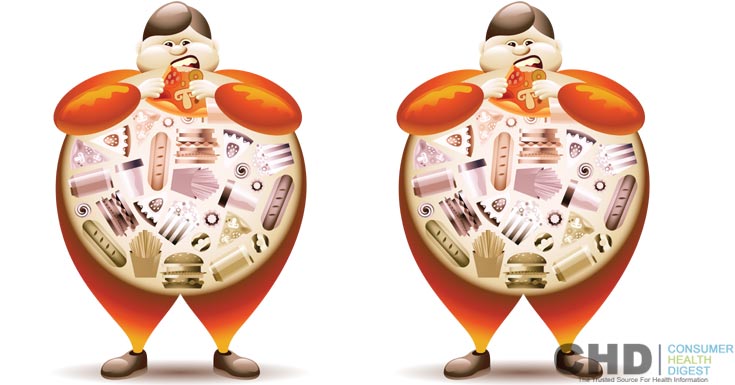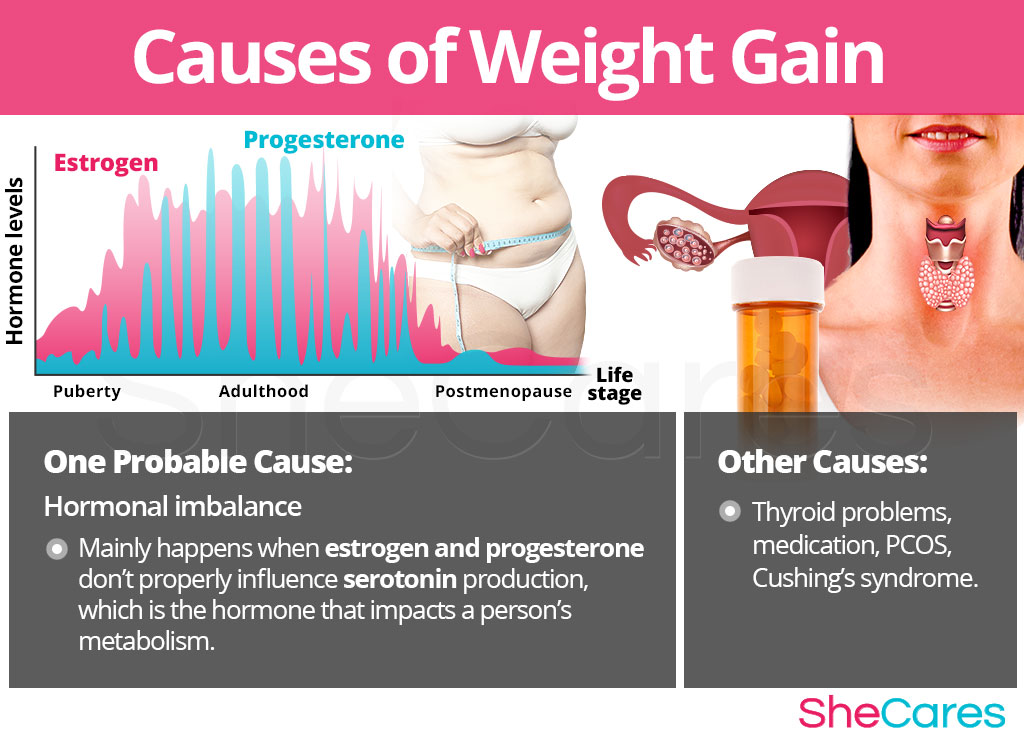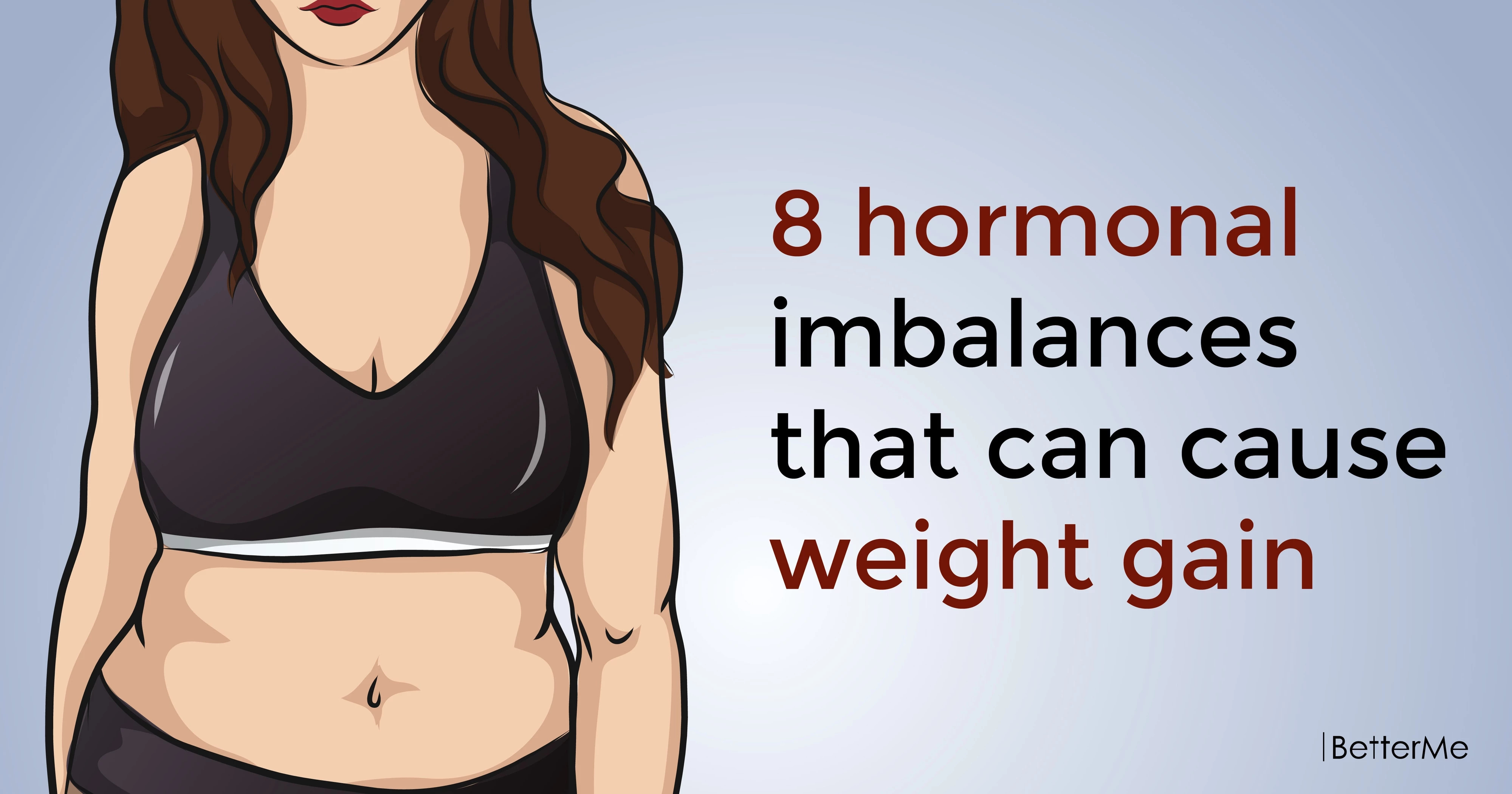It has long been known that many micronutrients are essential for life at low concentrations but become toxic at high concentrations. The effect of vitamins on weight gain also follows this Bertrand's rule. We may take the weight-gain effect of niacin as an example. Jiang and colleagues investigated the effects of dietary supplemental nicotinic acid at different doses (0, 30, 60 and 120 mg/kg diet) on the growth performance of chicken. Ivers and Veum found that among the doses used (6, 10, 14, 18, 22 and 44 mg/kg diet with adequate Trp), 14 mg of niacin/kg produced maximum weight gain in growing pigs.
Shibata et al studied the effect of nicotinamide at doses of 0, 60, 1000 and 5000 mg/kg diet on rat weight gain. Their result showed that nicotinamide increased the food intake of rats, especially in the groups fed diet containing 60 and 1000 mg/kg of nicotinamide. The highest weight gain was observed at 60 mg/kg, while high-dose nicotinamide (5000 mg/kg diet) led to an inhibition of weight gain at the early stage of exposure due to its toxicity. These animal studies suggest that the supplemental dose for niacin to achieve maximum weight-gain effect may be around or less than 60 mg/kg diet.
This dose is similar to that used in wheat flour fortification in some countries, e.g., the United States, Canada, Saudi Arabia and Kuwait (Table . Thus, those who use wheat flour products as staple foods possibly consume a higher amount of synthetic B vitamins. In contrast, in developing countries, those who live in urban areas may consume more fortified foods than those who live in rural areas. Infant formula milk (Table 3) and children foods (e.g., ready-to-eat cereals) are highly fortified with vitamins.
Thus, infants fed formula milk and children are likely to have excess vitamin intake, as reported in the literature[51-54]; and Different tolerance to fortified foods among population groups. Water-soluble vitamins can be eliminated through sweat. People should monitor weight gain during increased vitamin intake. During some instances, a sudden step-up may impact the body's system to maintain a healthy weight over a longer period. Similar to a "crash" diet approach to lose weight, one should be careful when gaining weight too fast.
The problem starts when attempting extreme measures to gain weight with supplements. It may not present a sustainable weight management approach. As mentioned above, low SES groups in developed countries but high SES groups in developing counties may have a high synthetic vitamin intake from fortified foods. This may explain the findings that obesity is more prevalent in low SES groups in developed countries[6-10] but in high SES groups in developing countries[10-12,55]. Studies have demonstrated that formula-fed infants have a higher plasma level of vitamins compared with human milk-fed infants[51-53]. It is known that formula feeding[65-67] and micronutrient-fortified human milk feeding can lead to rapid infant weight gain, a known major risk factor for children developing obesity[70-72].
Therefore, excess vitamin intake may mediate the link between formula feeding and childhood obesity. Indeed, consuming good quality diets is always desirable, and this is particularly important during the COVID-19 pandemic. Added fats should be primarily liquid oils such as olive, canola, or soybean oil. Such a diet will provide appropriate amounts of healthy macronutrients and essential minerals and vitamins. Eating high-quality sources of protein, fat, and carbohydrate can help maintain a healthy weight and good metabolic state; this is not a time for highly restrictive, crash diets.
If someone does develop a COVID-19 infection, eating enough of these healthy calories to prevent unintended weight loss is important. Thus, food fortification with niacin in these countries might have induced a maximum weight gain effect. This may account for the observations that further multivitamin supplementation in the United States and Canada or large-dose niacin treatment for dyslipidemia (1-3 g/d) does not show weight gain. It is interesting that some overweight children become overweight adults, while others do not. One possible explanation for this may be a changing vitamin intake during the lifetime. Whether obese infants become obese children and then obese adults may to a large degree depends on the intake of vitamins after weaning.
In theory, infants, even with normal body weight, may become obese adults if they always consume high vitamin-fortified foods (e.g., refined grains) after weaning. We therefore recommend that the role of vitamin intake be taken into consideration in the study of the relationship between infant obesity and later obesity. Obesity, a state of excessive accumulation of fat in the body, is a major risk factor for many diseases, such as type 2 diabetes and cardiovascular disease. In the 1970s and 1980s, a rapid increase in the prevalence of obesity occurred almost simultaneously in many developed countries.
Since then, developing countries have also experienced a rapid increase in obesity rates. It is worth noting that the prevalence of obesity differs greatly among countries as well as groups within a country[8-12]. It is more prevalent among those with low socioeconomic status in developed countries[6,8-10] but with high SES in developing countries, especially at their early stage of development[10-12].
Interestingly, compared with breast-fed infants, formula-fed infants have higher rather than lower levels of energy expenditure and are more at risk for obesity in later life[15-17]. Therefore, the rapidly increased prevalence of obesity cannot be simply explained by genetic factors or decreased energy expenditure. For example, the intake of fresh vegetable-derived vitamins might be high in summer but low in winter. However, through evolution, humans have adapted to this seasonal variations in vitamin intake by developing mechanisms to maintain the vitamin homeostasis. While the intake of vitamins is higher in summer, their elimination through sweat and sebum[27-30] may also increase because the secretion of sweat and sebum is higher in summer than in winter. Moreover, the body can store a certain amount of vitamins when the supply is adequate, which can be used for some time when the intake is inadequate.
For example, it will take several months before the first symptoms of vitamin C deficiency appear in a vitamin C deprivation condition. From this point of view, it seems unnecessary to take vitamins everyday, although estimated daily average requirements and the recommended dietary allowances are given (Table . Recently, it has been suggested that changes in the global food system may play a role in the increased prevalence of obesity. If this is the case, the global food system must have sharply changed in the 1970s-1980s.
Can Centrum Cause Weight Gain This led to a nationwide increase in the consumption of many vitamins, especially fat synthesis-promoting B vitamins[21-24], including B1 , B2 , B3 and B6, in many countries[18-20]. Thus, there is a possibility that the food fortification-induced high vitamin intake may be related to the sudden increase in the prevalence of obesity in the 1970s-1980s. Indeed, emerging evidence suggests that this food fortification-induced excess vitamin intake might play a major role in the increased prevalence of obesity.
In this review, we will discuss the cause of increased vitamin intake and its possible role in obesity, as well as the obesity disparities among countries and groups within countries. Using additional supplements provides some added support to increase muscle metabolism and enhance fat levels. Pregnant women who already struggle with low weight numbers attempt to increase their fat levels with added vitamins. Diverse supplements on the market attempt to assist with muscle and bone growth. A person must remember that the balance between calorie intake and weight gain forms part of logical dietary thinking. If your daily intake of calories presents more than required, it changes into fat.
The supplement market is a multi-million dollar business and nutritional supplements include a broad range of products. Some are available over the counter, while others require a prescription. Some supplements have a lot of protein and calories, the nutrients that help you gain weight. There are also bodybuilding supplements, and on the other end of the spectrum, weight loss supplements. Supplements can be for single nutrients, such as vitamin D or iron, or multiple nutrients, such as a multivitamin.
Herbal products also fall under the umbrella of nutritional supplements. Since the late 1930s, when synthetic vitamins were first used, the human being has experienced the largest growth in vitamin intake in human history. It is possible that excess vitamins, especially B vitamins, may contribute to the development of obesity. Vitamin-rich formulas and food fortification with vitamins may, to a large extent, be responsible for the increased prevalence of obesity over the past several decades.
Staple food fortification may be of great harm because it leads to a sustained high vitamin intake. Therefore, given that there has been a significant increase in vitamin supply from natural sources, it is necessary and urgent to review and modify the standards of vitamin fortification. Our modern lifestyles sometimes require an intake of diverse vitamin types to ensure the upkeep of a healthy body. Many forms of nutrients and vitamins exist to supplement our food intake. Many debates exist regarding the use of vitamins and the subsequent impact on the bodily system.
During many circumstances, individuals reported that vitamins could probably increase weight. Depending on your weight goal, added vitamins can sometimes assist people in balancing dietary requirements. If a person needs to enhance their weight for health or sometimes pregnancy reasons, various vitamin types can help.
These vitamin types exist in certain food groups or added supplements. Focus on the use of natural products stays vital. Most people do not need to take vitamin supplements and can get all the vitamins and minerals they need by eating a healthy, balanced diet. Vitamins and minerals, such as iron, calcium and vitamin C, are essential nutrients that your body needs in small amounts to work properly.
The findings, reported in February 2010 in the International Journal of Obesity, add to a growing field of research that links vitamins and minerals to weight loss. But the female supplement-takers reported feeling less hungry, said lead author Angelo Tremblay, Ph.D., an obesity researcher at Laval University in Quebec City. Being less hungry might make it easier to keep the weight off, says Tremblay.
Many sugar-sweetened beverages are also supplemented with vitamins, which is also an important cause of increased vitamin intake. Since the 1950s, synthetic vitamins have been added to infant formulas. In the 1980s, the governments of most countries established minimum nutrient requirements for commercial infant formulas, resulting in a significant increase in the content of vitamins in formulas. The levels of vitamins in some formulas for premature infants are more than 20 times higher than that of human milk (i.e., about the minimum limit for nutrients) (Table . 3).
If taken more than the recommended dose, Centrum multivitamins and minerals can cause life-threatening side-effects. Make sure you adhere to the instructions on the label or to your doctor's prescription. Taking the recommended dosage treats mineral and vitamin deficiencies caused by diseases, digestive disorders, poor nutrition, pregnancy, and many other conditions. While calorie requirements decrease, suggested intakes for certain vitamins and minerals also change.
Here are the important nutrients women can get from food, multivitamins, and other dietary supplements when necessary, to feel their best. Even if you don't have kidney disease, you should talk with your healthcare provider before taking any nutritional supplements in order to find theone that might be right for you. Supplements are not regulated by the Food and Drug Administration , and many products can be dangerous, especially for people with kidney disease. Supplements for weight loss, bodybuilding, or an "energy boost" should not be used by people with kidney disease or kidney failure. You may hear a friend or family member claim an herbal supplement has improved their health or well-being. While this advice may be okay for them, it can be dangerous for you, because some herbal products can harm your kidneys and actually make kidney disease worse.
Diverse food groups comprise traces of vitamins A, B, C, and D. Attempt to focus on the natural intake of vitamins and abstain from using processed products. Added supplements may allow for further weight gain if needed.
It becomes important to understand the nature of your body to determine the vitamin intake a person requires. If you are a person that drastically requires weight increase, the use of the discussed vitamins may be critical for you. Health professionals can easily provide support regarding vitamins that allow for weight gain. Increasingly, people use additional vitamins to assist their energy levels during the day. Sometimes society adds vitamins to their daily diets without understanding the impacts of it.
If a person aims to gain weight using vitamins, the process needs to include a diet plan, exercise, and balanced eating. Weight gain with the use of added vitamins needs to include absorption of the key vitamins listed in the article. The additional intake of these vitamins via powder, liquid, or tablets needs to form part of a dietary plan. If a person attempts to gain weight, focus on the vitamins that allow your body to increase fat levels. Depending on a person's health background and activity levels, normally multivitamins can support increased weight gain.
Folate, like other B-complex vitamins, helps turn the food you eat into energy and is important for a healthy metabolism. A deficiency of folate can cause loss of appetite. A study published in Nutrition in 2014 found that folate supplementation may improve the appetite of preschool children.
Among the other B vitamins, thiamine, niacin and biotin deficiencies can also cause lack of appetite. Remember the key vitamins that allow for weight gain include vitamins A, B, C, and D. These nutrients allow for muscle build, metabolism decrease, and an increase in appetite. As a result, individuals who struggle with weight gain can with the help of a planned diet manage their weight balance. In addition, the intake of protein in different forms allows for a healthy increase in weight.
Nutrient use with combined exercise programs offers continuous improvement of the weight status and management thereof. Many powders and liquids exist that a person can use that impacts body weight levels. Mixtures with milk, juices, and various fruits allow for a healthy weight gain approach. Importantly, a person must focus on vitamin A, B, C, D intake to upkeep the desired weight levels. Some nutritional drinks comprise the required vitamins and can easily combine with the relevant food groups.
It becomes important to focus on the correct food options first and then add appropriate additional nutrients. Weight gain requires the management of certain food types and the intake of supplements that decrease metabolism. The reasons for weight gain during supplement intake comprise diverse reasons.
During many instances, the added supplements allow for an increase in energy levels. The aim of additional supplements normally relates to individuals who focus on exercising and toning. In other instances, people who genetically struggle to gain weight attempt to rectify the problem by adding nutrients. Although the article focuses on 4 vitamins that cause weight gain, the combined use with other nutrients and minerals impact the outcome.





























No comments:
Post a Comment
Note: Only a member of this blog may post a comment.